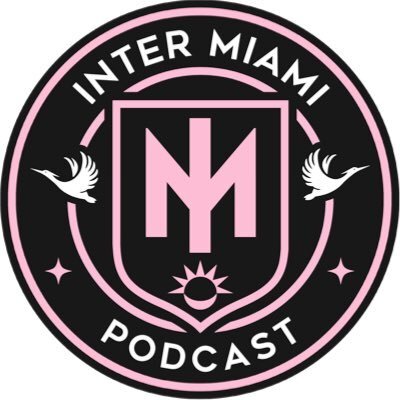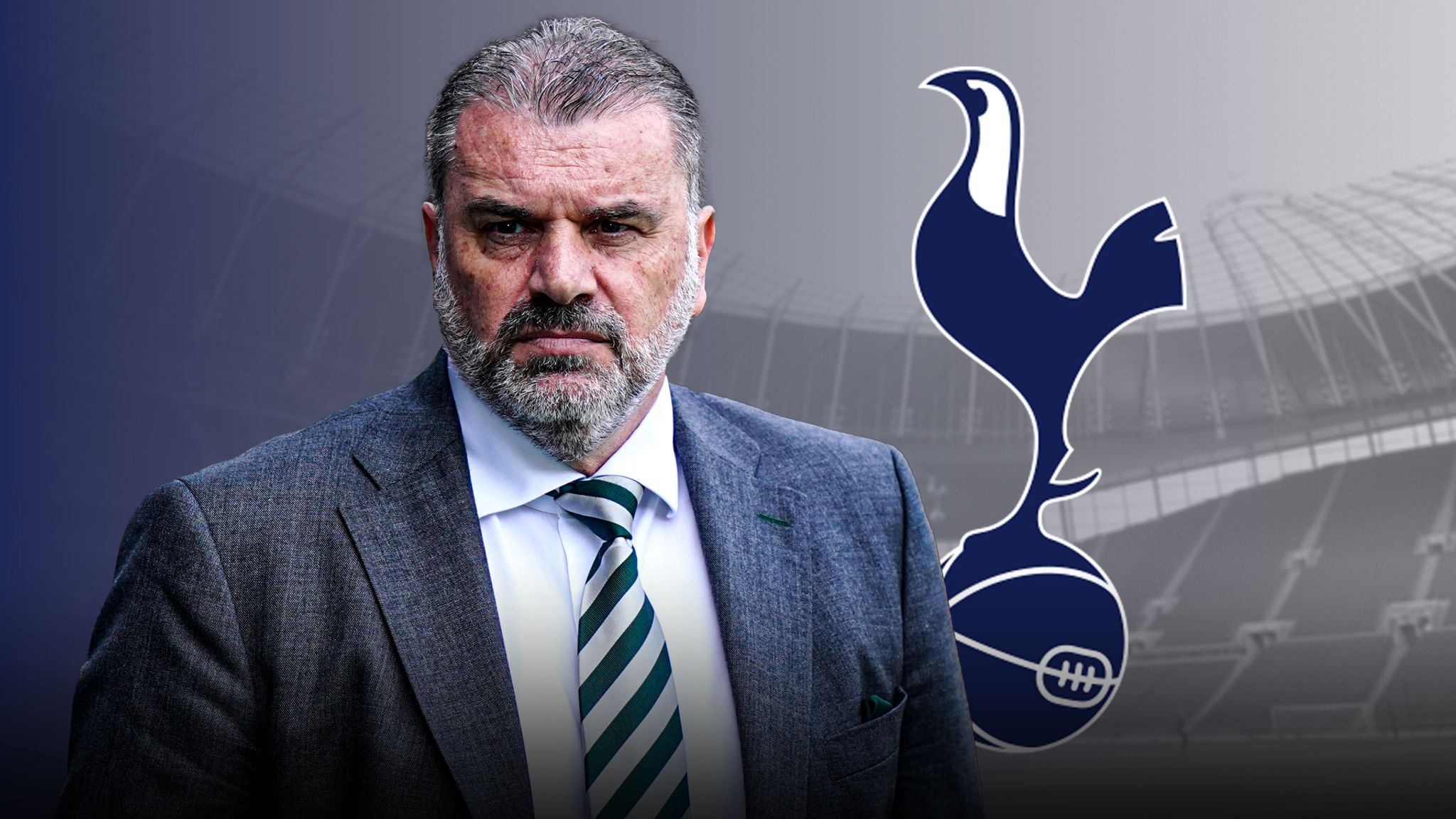ESPN: lingering cap hit could affect
The Cleveland Browns made waves earlier this season by trading linebacker Za’Darius Smith to the Minnesota Vikings in a move that was expected to both enhance the team’s salary cap flexibility and give them more room to maneuver in the future. However, while the deal was touted as a win for the Browns’ short-term salary cap situation, the long-term financial implications aren’t as rosy. Despite the trade, Cleveland will still be on the hook for a significant amount of dead money—approximately $14 million—against their 2025 salary cap. Here’s a closer look at the trade’s impact and why this lingering cap hit could affect the Browns’ financial flexibility down the line.
### The Trade Details
On August 30, 2023, the Browns traded Smith, a Pro Bowl-caliber edge rusher, to the Vikings in exchange for a pair of draft picks—a 2025 fifth-rounder and a 2025 sixth-rounder. Smith had been acquired by the Browns earlier in the offseason via a trade with the Green Bay Packers, but his time in Cleveland was short-lived. The trade was seen as a way for Cleveland to move on from a player who wasn’t quite fitting into their defensive scheme and reduce their overall cap obligations.
From a football standpoint, the Browns are getting a solid return in draft picks while clearing cap space. However, the trade also triggered dead money charges, which means Cleveland will still be on the hook for a portion of Smith’s contract, even though he is no longer with the team.
### The Dead Money Impact
While Za’Darius Smith may no longer be playing for the Browns, the team will still carry a significant cap charge related to him in 2025. This is because, when a player is traded, the remaining guaranteed money in their contract accelerates onto the trading team’s cap in the form of dead money. In this case, the Browns will carry $14 million in dead money in 2025 due to the contract structure Smith had with them when he was acquired from Green Bay.
Here’s how it works: Smith had signed a three-year, $42 million contract extension with the Packers before being traded to the Browns. When Cleveland acquired Smith, they inherited the remaining years of that contract, which included guaranteed salary for the 2023 and 2024 seasons, as well as some potential future guarantees in 2025. By trading him to Minnesota, the Browns were forced to absorb a significant chunk of that guaranteed money as dead money—money that doesn’t count against the team’s active player salaries but still counts against the cap.
In practical terms, this means the Browns’ salary cap space for 2025 will be artificially inflated with $14 million of dead money. For a team already in a delicate salary cap position, this is a significant hit to their financial flexibility. It’s worth noting that dead money is essentially money spent but not contributing to current player performance, and it can restrict a team’s ability to make moves like signing free agents or extending key players.
### Long-Term Cap Considerations
Looking ahead, the Browns will need to carefully manage their finances to avoid being handcuffed by the lingering cap charges. While the Smith trade clears some immediate cap room, the dead money in 2025 may limit the team’s ability to make additional moves, particularly in what will likely be a crucial season for the franchise’s future direction. If the Browns are in a position to contend for a playoff berth or even a Super Bowl, that $14 million dead money charge could be a significant obstacle to filling other roster needs.
Cleveland’s front office will have to navigate the complexities of their cap situation, especially as they look to lock up their rising stars—like quarterback Deshaun Watson and star defensive players—while also bolstering areas like wide receiver and offensive line.
### The Bigger Picture
This situation is a reminder of the complexity of NFL contracts and the long-term financial considerations that come with player movement. While trading Za’Darius Smith may have seemed like a prudent move in the short term, the reality is that the financial fallout from the deal will linger for years. As the Browns look to move forward, they will need to balance the trade-off between short-term cap relief and long-term cap burden.
Ultimately, the Browns’ front office will have to get creative with their salary cap strategies, as $14 million in dead money is no small price to pay for a player who is no longer part of the team. Whether this move ultimately pays off will depend on how well Cleveland can manage their future cap space, make smart roster decisions, and continue building a championship-contending team despite the looming cap hit from Za’Darius Smith.



